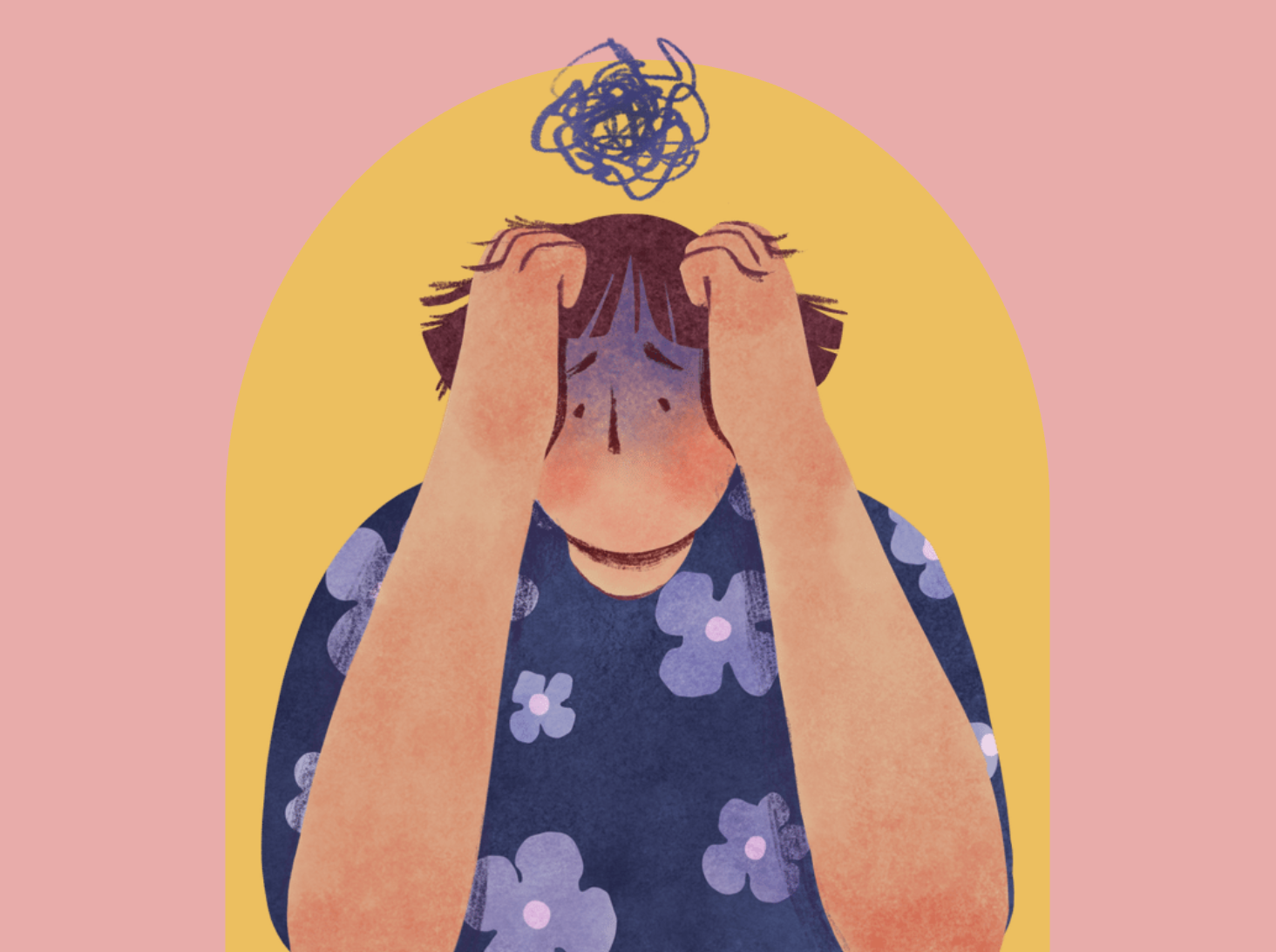
How Therapy Helped Me Sleep Again: My Journey from Sleepless Nights to Restful Mornings
Hi, I’m Mia. For years, sleep felt like a luxury I could never afford. After long office hours, evening WhatsApp messages, and the constant news notifications, my nights became battles. I would lie awake staring at the ceiling, thinking:
- Did I reply to that client email?
- What if tomorrow’s presentation goes badly?
- Why can’t I sleep like everyone else?
Even on nights I managed to fall asleep, I woke up at 3 a.m., heart racing, thoughts swirling. By morning, I was groggy, irritable, and craving chai or sugar-laden snacks just to get through the day. My productivity dropped, my focus waned, and I started to feel stuck.
It wasn’t just a lack of rest — it was stress, anxiety, and unresolved emotions keeping me awake. That’s when I decided to try therapy.
Why I Chose Therapy for My Sleep Issues
Many of us in India think therapy is only for “serious” issues like depression or trauma. I thought the same. But when I learned how stress, anxiety, and unprocessed emotions disrupt sleep, it clicked: my sleepless nights weren’t about my pillow or my chai habit — they were about my mind.
Therapy, especially Cognitive Behavioral Therapy for Insomnia (CBT-I), is scientifically proven to improve sleep by addressing the root causes — negative thoughts, stressful routines, and nighttime anxiety. Unlike sleeping pills, which mask the problem, therapy helps solve it from within.
Opening Up About My Sleepless Nights
In my first session, I shared my nights in detail. I realized my sleeplessness wasn’t occasional — it was a pattern:
- • Lying awake after late-night bingeing on Netflix or scrolling Instagram
- • Thinking about office deadlines, pending WhatsApp forwards, or even family responsibilities
- • Panicking about not sleeping, which made it even harder to drift off
My therapist pointed out something I hadn’t noticed: the fear of not sleeping was actually keeping me awake. That insight alone felt like a relief.
Therapist Tips That Changed My Sleep
Here’s what my therapist suggested, and how each tip helped me:
1. Challenge Negative Sleep Thoughts
Before therapy, I panicked every time I couldn’t sleep, thinking: “Tomorrow will be ruined!”
My therapist taught me to reframe this thought: “Even if I don’t sleep perfectly, I can still manage tomorrow.”
This simple shift reduced pressure at bedtime and allowed sleep to come naturally.
2. Create a Wind-Down Routine
I used to scroll through my phone until late, checking WhatsApp groups, Instagram reels, or news alerts. My therapist advised me to:
- • Switch off screens at least an hour before bed
- • Dim the lights or switch to warm lighting
- • Listen to soft instrumental music or classical Bollywood songs
- • Sip warm turmeric milk or herbal chai
These cues signaled to my brain that it was time to rest. Gradually, bedtime stopped feeling stressful.
3. Use Stimulus Control (CBT-I Technique)
- One surprising tip was:
-
“If you can’t fall asleep after 20 minutes, leave the bed and do something calm — read, meditate, or stretch — then return when sleepy.”
- Initially, I resisted. But by associating the bed with rest, not frustration, I started falling asleep faster.
4. Journal Your Worries Before Bed
My mind raced with pending work, family duties, or even upcoming festivals. My therapist suggested a “brain dump” — writing everything down before bed.
Once I started journaling, my mind felt lighter. I could set the day’s worries aside and finally rest.
5. Practice Mindfulness and Relaxation
I tried simple breathing exercises, guided meditation, and progressive muscle relaxation. Instead of fighting my thoughts, I learned to acknowledge them and let them pass. Some nights, I even fell asleep mid-practice!
6. Self-Compassion Is Key
I used to feel guilty for struggling with sleep, thinking: “Why can’t I be normal?” My therapist reminded me that sleep issues are common and not a personal failure. Accepting this helped me feel calmer and more patient with myself.
7. Adjust Lifestyle Habits Common in India
Some small changes made a big difference:
- • Reducing evening chai or coffee (caffeine lingers in your system)
- • Avoiding heavy late-night meals like biryani or parathas; opting for lighter snacks like banana, nuts, or yogurt
- • Getting morning sunlight during my walk or commute to regulate the body clock
These culturally relevant tweaks helped my body sync with natural sleep rhythms.
What Changed for Me
It wasn’t instant, but within a few weeks:
- • I fell asleep faster
- • I woke up fewer times at night
- • Even imperfect sleep left me feeling calmer
- • I no longer dreaded bedtime
Most importantly, therapy taught me that sleep isn’t just about shutting your eyes — it’s about giving your mind permission to rest and feel safe.
Why Therapy Works for Sleep
Therapy helped me understand that:
- • Sleep and mental health are connected. Anxiety and stress often show up as insomnia.
- • Behavioral changes matter. Small adjustments in routines, lighting, and caffeine can drastically improve rest.
- • Mindset is key. Fear of sleeplessness can perpetuate insomnia.
- • Professional guidance supports change. Having a therapist listen, guide, and give actionable tips was invaluable.
Final Thoughts: For Anyone Struggling
If you’re lying awake at 2 a.m., feeling frustrated or helpless, know that therapy can help. It’s not about quick fixes — it’s about understanding yourself, your stress, and your sleep patterns, with someone guiding you along the way.
Even small steps — journaling, meditation, dimming lights, or talking to a professional — can transform your nights. Sleep doesn’t have to feel impossible. With the right tools and support, restful nights can be your reality.


